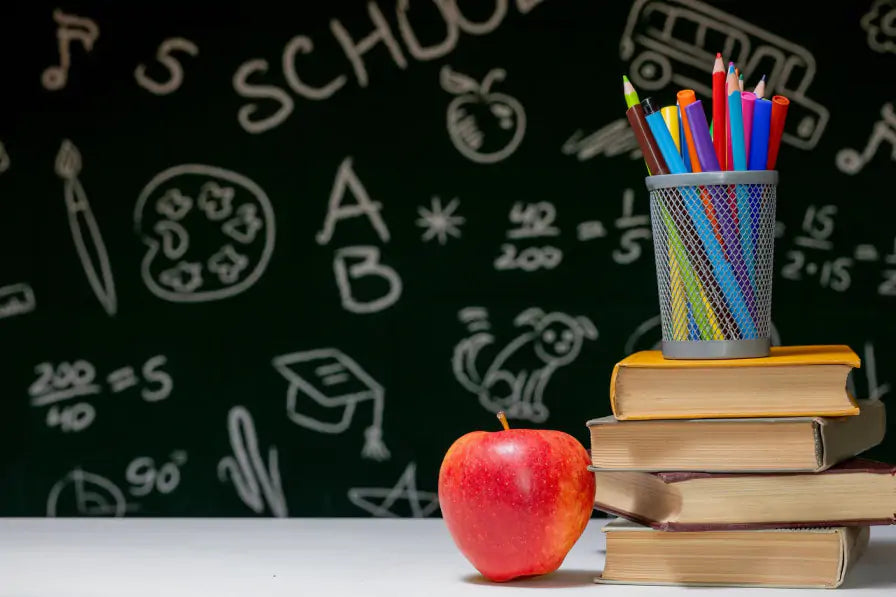OR
Express Checkout

Y is for Young People
Educating young people about the impact of litter on the environment is so important, and there’s nowhere better to start than in schools.
Keep Britain Tidy’s Eco-Schools initiative started in 1994 and thousands of schools are involved, coming up with ideas and taking action on how to reduce litter, cut down on waste, and improve the area they’re in.
Pupils and their teachers choose from a variety of topics to focus on with their initiatives from healthy living to global citizenship, litter, and biodiversity. Now another topic has been added onto the list by Keep Britain Tidy; protecting the marine environment.
Why educate children about the marine environment?
Keep Britain Tidy said it introduced the marine topic as no one in England lives more than 70 miles from the coast, so even if you don’t live near the sea, your actions can still affect it.
The litter we throw away, the things we flush down the toilet, and the things that end up in pipes and drains can all have a negative impact on our oceans.
The earlier children learn this, the sooner they can become part of the solution, not the problem, and they are more likely to grow up to be adults who do the right thing.

Why is the health of our rivers, lakes, seas, and oceans so important?
The oceans cover 70% of the planet and without them, life on earth could not exist. Oceans give us half of our oxygen and are home to a huge amount of different species. The oceans are also a source of food and other precious resources, and much of them is still undiscovered.
What is putting the health of our oceans at risk?
Litter
A lot of marine litter consists of things that have been discarded on land and have been washed out to sea. The rest is things like discarded or lost fishing gear, and items that have been carried out to sea via sewer systems. Litter is disastrous for marine life. Many marine animals get tangled up in it, or die from injury or problems caused when they mistake litter for food and ingest it.
Plastic is a particular problem. It makes up most of the litter that is found on beaches, and when it ends up in our oceans, it doesn’t degrade. Instead, it breaks down into tiny pieces called microplastics which are often ingested by marine life and they end up in the food chain.
You’ve probably seen the grim statistic that if we don’t act, there’ll be more plastic than fish in the oceans by 2050; that gives you some idea of the extent of the ocean plastic problem.
Pollution
Oceans can be polluted by shipping activities and industrial, agricultural, and sewage run off.
Global warming
The oceans absorb heat and disperse it around the planet, and they also soak up CO2, which is so far helping to slow down climate change.
The problem is the more heat and C02 the oceans absorb, the more it warms them up and makes them more acidic, which upsets the balance of delicate eco-systems.
Ideas for schools: what can be done to protect marine life?
Kids Against Plastic
Kids Against Plastic is a charity set up by kids, for kids, that’s waging war on plastic pollution. Schools can become one of their ‘Plastic Clever’ schools by working through 4 simple steps. Find out more here:
Marine Stewardship Council
The Marine Stewardship Council provide a lot of learning resources to help educate young people about how we can keep our oceans healthy for future generations. Click here to learn more:
Learn about Ocean Sustainability with the Marine Stewardship Council
